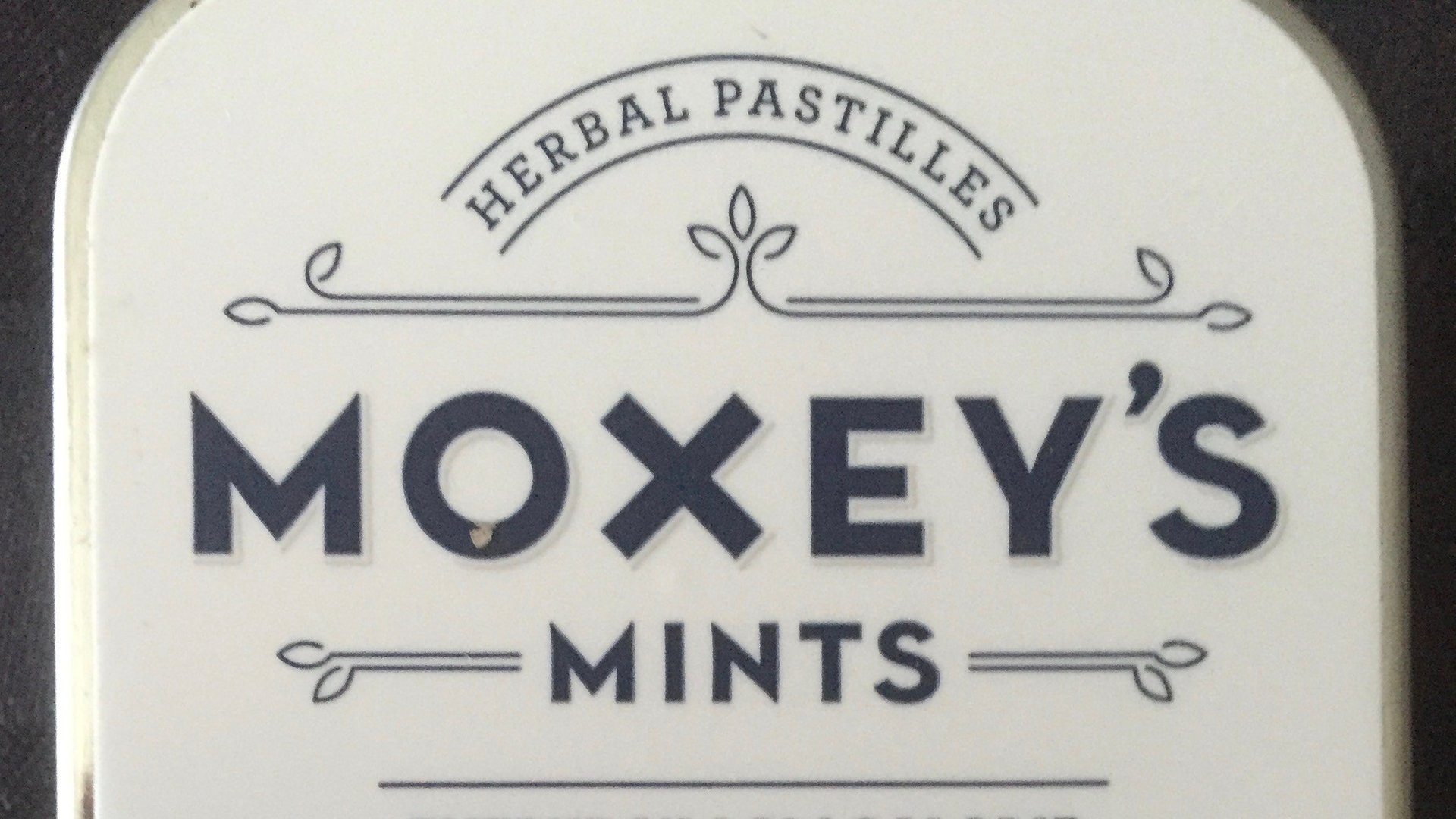An Economist article convinced a Dartmouth MBA to invest in cannabis. His edibles company sold $3 million in goods last year
Tim Moxey has got—you guessed it—lots of moxie. The 43-year-old Dartmouth MBA from the UK has worked in investment banking in London, helped found a New Zealand wetsuit company, and now runs a successful cannabis edibles company in the US called Botanica Seattle.


Tim Moxey has got—you guessed it—lots of moxie. The 43-year-old Dartmouth MBA from the UK has worked in investment banking in London, helped found a New Zealand wetsuit company, and now runs a successful cannabis edibles company in the US called Botanica Seattle.
But just a few years ago, Moxey was depressed. In 2013, the ambitious businessman was in a rut. He was consulting with a company in Seattle, Washington going back and forth from England to the US, and was wondering whether the best years of his life were behind him. “I was in a bad space,” he tells Quartz.
Then, he read an article in The Economist making an economic and regulatory argument for the legalization of marijuana. That got Moxey thinking about cannabis as a serious business proposition. “The article was pivotal to me,” he says, giving legitimacy to the industry in his eyes. He talked to friend and fellow Tuck’s Business School grad, Chris Abbot, trying to sell him on the idea of a fancy cannabis edibles company. “He told me I was mad,” Moxey says.
About a month later, he tried again. “I wanted to develop something elegant and knew there was a market,” Moxey explains. “But I also knew from previous ventures that I needed a partner to keep me even when I was excited and to lift me when I was down.”
This time, Abbot agreed, they partnered, and then came the really hard part. “We’re entrepreneurs, not chocolatiers, or bakers, or marijuana farmers,” Moxey explains. They had to do a lot of research and development before launching in 2015, studying the market, hiring experts, creating products, refining their process, and making sure that everything they do is done correctly. It was, and still is, stressful for Moxey every day.
Legal marijuana businesses, unlike drug dealers, face a lot of state regulation on everything from packaging to ingredients to points of sale. Plus, there’s the uncertainty of working in an industry that’s still federally illegal. While November’s elections furthered legalization efforts in many states, they also introduced a new obstacle: president-elect Donald Trump. His administration seems unlikely to favor legalization given that his pick for attorney general, Alabama senator Jeff Sessions, said in a hearing this year that “good people don’t smoke marijuana.”
On the other hand, last year Botanica Seattle sold $3 million worth of marijuana edibles in the state of Washington alone, Moxey says, including chocolates, mints, cookies, and more. The small but growing company employs 50 people, about half of whom are in production, and has a bustling kitchen creating legal cannabis treats. They are described by reviewers as “dreamy.”
Success is sweet but Moxey doesn’t take it for granted. “It’s awesome but there are a lot of hurdles,” he explains. Just two years ago, people were looking at him askance when he told them he was in the cannabiz (he’s got a posh British accent that doesn’t scream pothead).
When he spoke to the then-dean of Tuck’s Business School about introducing students to marijuana as an industry, he was flatly denied. But cannabis awareness has been shifting dramatically. Last year when he and Abbott attended their 15-year reunion, Moxey says, “We were cool. A lot had changed.”
The school also has a new dean who sees the business opportunities in weed. The Botanica Seattle founders are slated to talk about their entrepreneurship with students this year, and they’ll likely be listening closely.
This shift is happening worldwide. Market analysts, Arcview Research, predict the already-active marijuana market, which generated $6 billion in North America last year, will reach $20 billion by 2020. Mexico is moving toward medical marijuana legalization, Israel has approved cannabis inhalers for use in hospitals, and Brazil in 2015 approved the import of products containing cannabidiol (CBD), a chemical in marijuana with medicinal properties that doesn’t get you high.
For consumers, that means more choice and better quality products as entrepreneurs explore and develop industry niches. There is still a lot of opportunity, says Moxey. But there’s also more competition every day. Those who get in the greenrush early stand to gain exponentially as marijuana becomes legal in more and more states and even internationally.
Moxey likes being in the marijuana business because it makes money—but also because he believes in marijuana’s therapeutic effects. Now that he knows more about weed, he’s glad to be doing his part to break down barriers and change perceptions. “People should pop cannabis chocolates instead of sleeping pills and pain killers,” Moxey says. “I’m not a big drug advocate. But at the point, based on what I’ve seen, I can firmly say marijuana should be legal.”